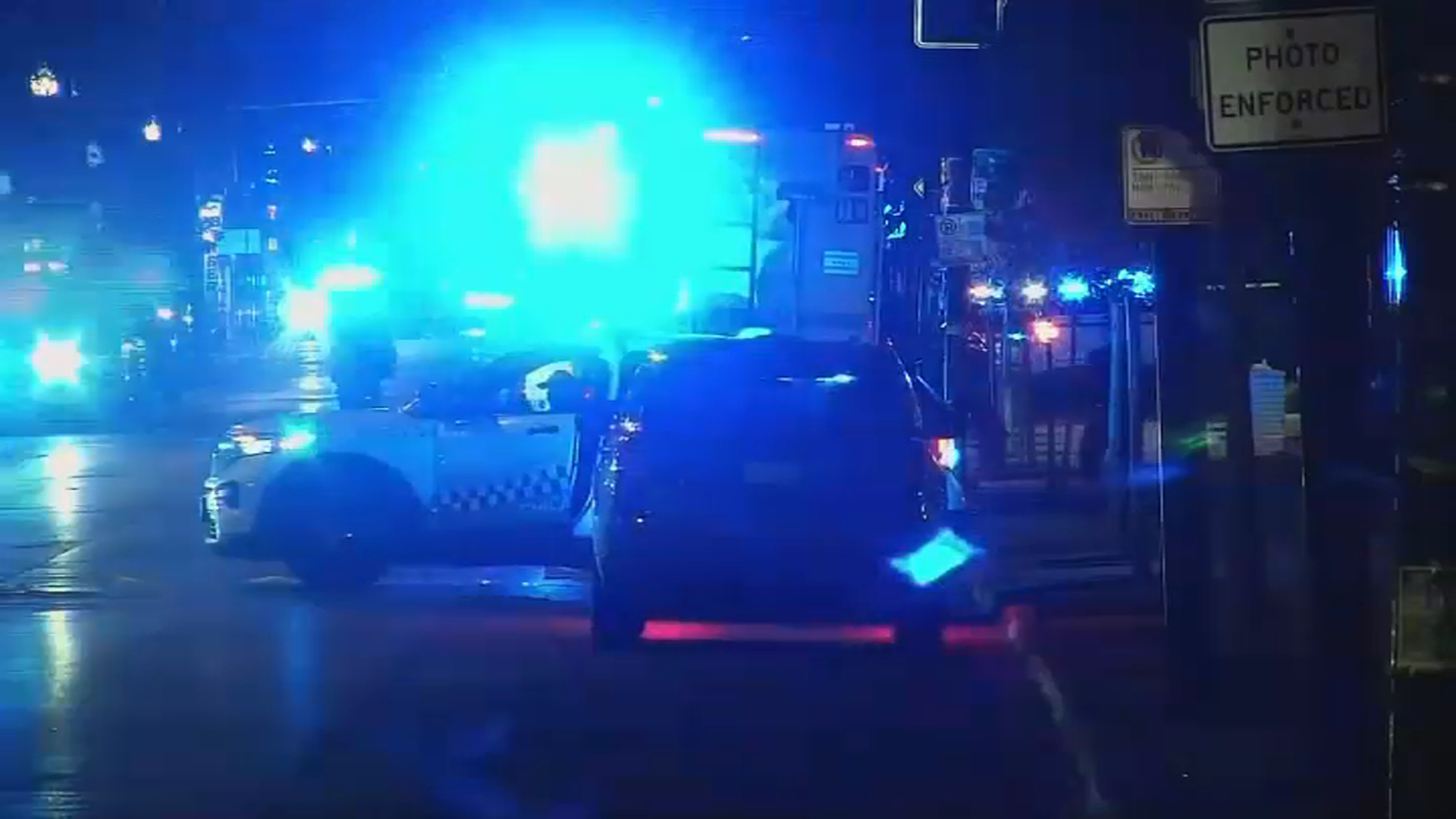As high levels of mold and increased cases of COVID-19 hit the Chicago area, the city's top doctor says to assume the symptoms are a sign of the contagious virus.
"If you think you have a cold, if you think you have allergies, there is a good chance right now with how much COVID is around that it could be COVID," Chicago Department of Public Health Commissioner Dr. Allison Arwady said. "No shame in being diagnosed with COVID, especially if you've done everything - you're up to date with your vaccines."
Chicago, along with Cook County, will likely reach a high community alert level, per guidelines set by the Centers for Disease Control and Prevention, this week. The data from the CDC is set for an update Thursday evening.
As of Friday, every Illinois county within the Chicago area was at a “medium community level” of COVID-19, according to CDC guidelines, though several were expected to reach the "high" level in this week's upcoming update. Eight Illinois counties, however, are already at high community level risk for COVID: Boone, Lee, Stephenson, Winnebago, Champaign, Ford, Peoria and Tazewell.
Feeling out of the loop? We'll catch you up on the Chicago news you need to know. Sign up for the weekly Chicago Catch-Up newsletter here.
Before self-diagnosing, health officials have said the best way to identify the source of your symptoms is through testing, especially given some overlap between the coronavirus and seasonal allergies.
"When in doubt, I would say test up before you actually go and expose other people," Dr. Sai Nimmagadda , an allergist at Lurie Children’s Hospital.
That's especially important for those who will be around immunocompromised or at-risk individuals.
Local
But while the allergy season can last for several months, and with COVID transmission continuing, what should you do if your symptoms continue?
"If you test negative the first time, you should repeat it - especially if your symptoms are continuing or they're not responding to your classic allergy treatment medication," Nimmagadda said.
So, is there a way to tell a difference between the two? Experts say it depends on your symptoms.
For those experiencing a fever, chances are it may not be allergies, health officials said. But in many cases, the symptoms for COVID and allergies can overlap.
Here’s a list of COVID and allergy symptoms as outlined by the CDC:
COVID Symptoms
- Fever or chills
- Cough
- Shortness of breath or difficulty breathing
- Fatigue
- Muscle or body aches
- Headache
- New loss of taste or smell (although doctors have noted that the latest COVID variants typically will not cause loss of taste or smell)
- Sore throat
- Congestion or runny nose
- Nausea or vomiting
- Diarrhea
Dr. Katherine Poehling, an infectious disease specialist and member of the Advisory Committee on Immunization Practices, told NBC News in January that a cough, congestion, runny nose and fatigue appear to be prominent symptoms with the omicron variant.
Even those who receive the coronavirus vaccine can also still contract the virus and may experience symptoms. Most vaccinated people, though, either have no symptoms or exhibit very mild symptoms, according to health officials, and the virus rarely results in hospitalization or death for those individuals.
The CDC advises seeking medical attention if a person is experiencing trouble breathing, persistent pain or pressure in the chest, new confusion and inability to wake or stay awake, as well as pale, gray or blue-colored skin, lips or nail beds.
Allergy Symptoms
- Symptoms from allergic rhinitis include:
- sneezing
- runny nose
- congestion
- Symptoms from allergic conjunctivitis include:
- red, watery, or itchy eyes
Loyola Medicine's Allergy Count is updated each weekday morning during allergy season by allergist Dr. Rachna Shah, according to the Twitter account.
According to Loyola Medicine, the levels as of Tuesday were reported to be:
Trees - moderate - most prevalent - Elm
Grass - low
Molds - high
Weeds - absent
Trees are in their peak season from March to May, while grass will be in its peak season from May to June, Loyola Medicine noted. Mold has its peak season in both spring and fall - whenever conditions are "damp."
Loyola Medicine ranks the counts from low to high risk, then "alert." When an allergen is marked as "alert," those sensitive are advised to stay indoors.



